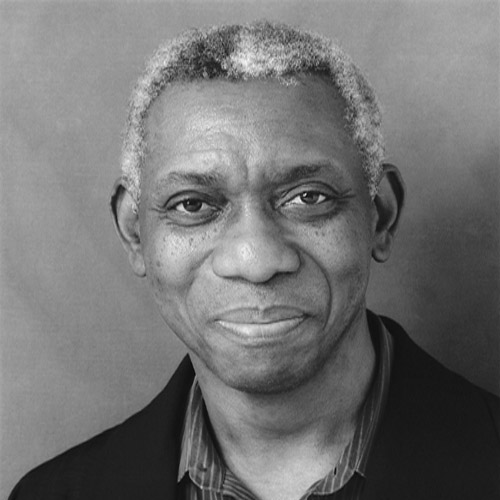The cry I bring down from the hills
belongs to a girl still burning
inside my head. At daybreak
she burns like a piece of paper.
She burns like foxfire
in a thigh-shaped valley.
A skirt of flames
dances around her
at dusk.
We stand with our hands
hanging at our sides,
while she burns
like a sack of dry ice.
She burns like oil on water.
She burns like a cattail torch
dipped in gasoline.
She glows like the fat tip
of a banker's cigar,
silent as quicksilver.
A tiger under a rainbow
at nightfall.
She burns like a shot glass of vodka.
She burns like a field of poppies
at the edge of a rain forest.
She rises like dragonsmoke
to my nostrils.
She burns like a burning bush
driven by a godawful wind.
Published:
1988
Length:
Regular
Literary Movements:
Surrealism
Anthology Years:
2022
Themes:
Doubt & Fear
Violence & War
Womanhood
Literary Devices:
Anaphora
a figure of speech in which words repeat at the beginning of successive clauses, phrases, or sentences
Imagery
visually descriptive or figurative language, especially in a literary work
Metaphor
a comparison between two unrelated things through a shared characteristic
Sensory Detail
words used to invoke the five senses (vision, hearing, taste, touch, smell)
Simile
a comparison between two unlike things using the words “like” or “as”

